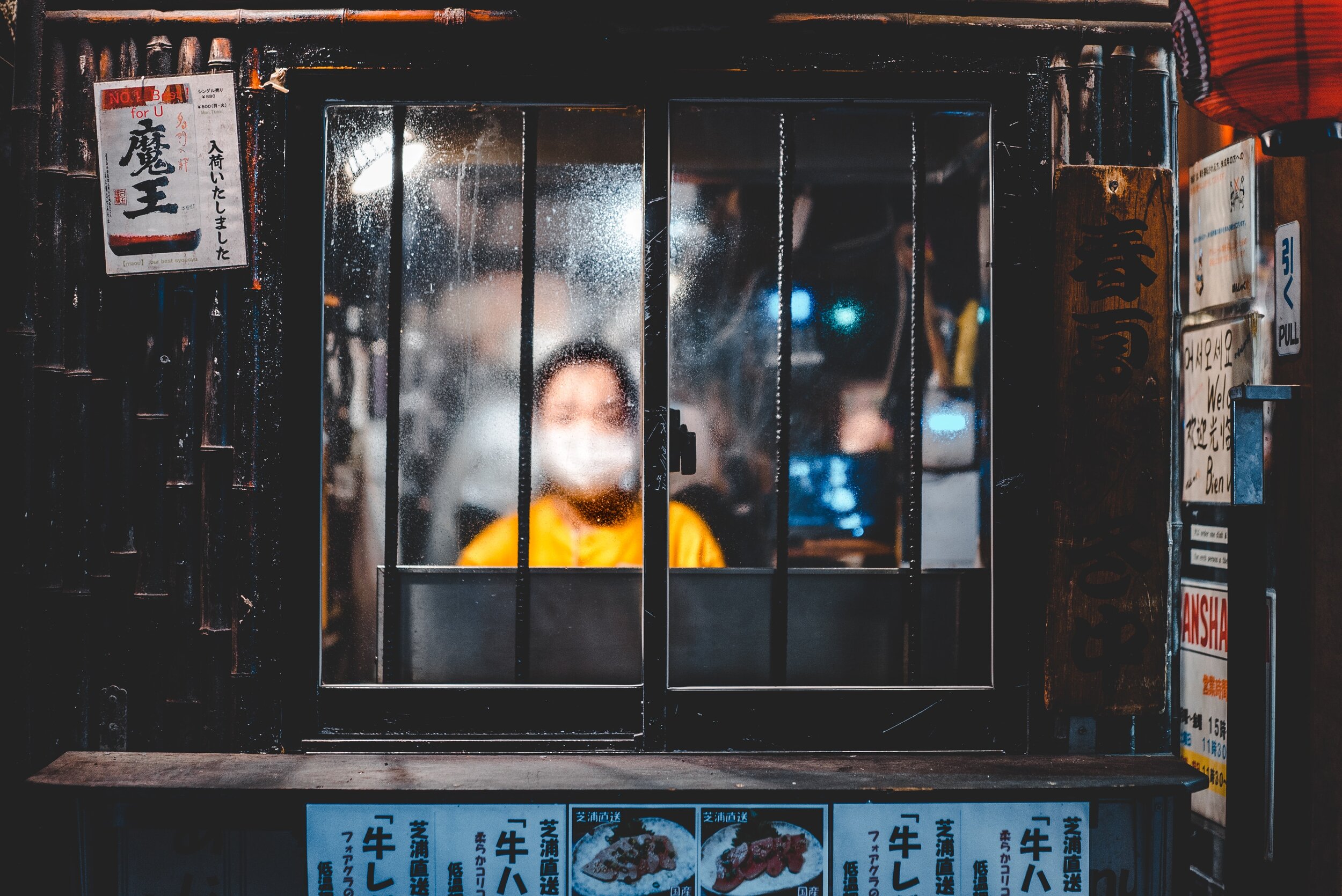by Sabrina Yee
Regarding being back in the US on home assignment, there have been several instances where I was told about a Japanese Folktale called "Urashima Taro." A fisherman goes to a city in the sea for a short visit, but when he returns to his hometown above the sea, it is unrecognizable and he learns that it has been over 100 years since he had left.
At one of our last staff meetings, the pastor at Katsuta Church told me, "You are like Urashima Taro, going back home to a place that seems very different."
Honestly, I've been pretty nervous about reverse-culture shock. A lot has changed in the U.S. in the last four years. Having moved so much within Japan and constantly adjusting to a new environment, I wonder if I've perpetually felt culture shock throughout this term. Then returning to California, add COVID-19, racial unrest, election season, natural disasters, etc., it's the perfect storm of mental-emotional exhaustion.
I read a helpful article about why COVID-19 feels like culture shock. Here's an excerpt:
When someone moves to a completely new culture, many of the ‘autopilots’ your brain uses for thousands of small decisions every day become ineffective. In a similar way, your current environment has likely changed sufficiently enough that many of your own ‘autopilots’ are no longer working. When this happens, the next remaining option for your brain is to use a second decision-making process that requires far more effort and energy (glucose) to operate. Your body can only supply glucose to your brain at a certain rate – a rate far below what would be required to use this kind of thinking continually. Thus, additional thinking about routine matters has likely left you with a chronically depleted level of glucose in your brain. All to say: You are experiencing “culture shock”.
- Peter Olson in "COVID-19 and Culture Shock Feel The Same Way in Your Brain - And Here's Why"
I know everyone is experiencing their own unique challenges with what is currently going on in the world. But when I read this, I was strangely encouraged to know that now everyone knows what it feels like to experience culture shock! We’re all exhausted at different levels and in our own way, but we're all in the same boat! Now, let's all take a nap and supply more glucose to the brain. Ice cream, anyone?






